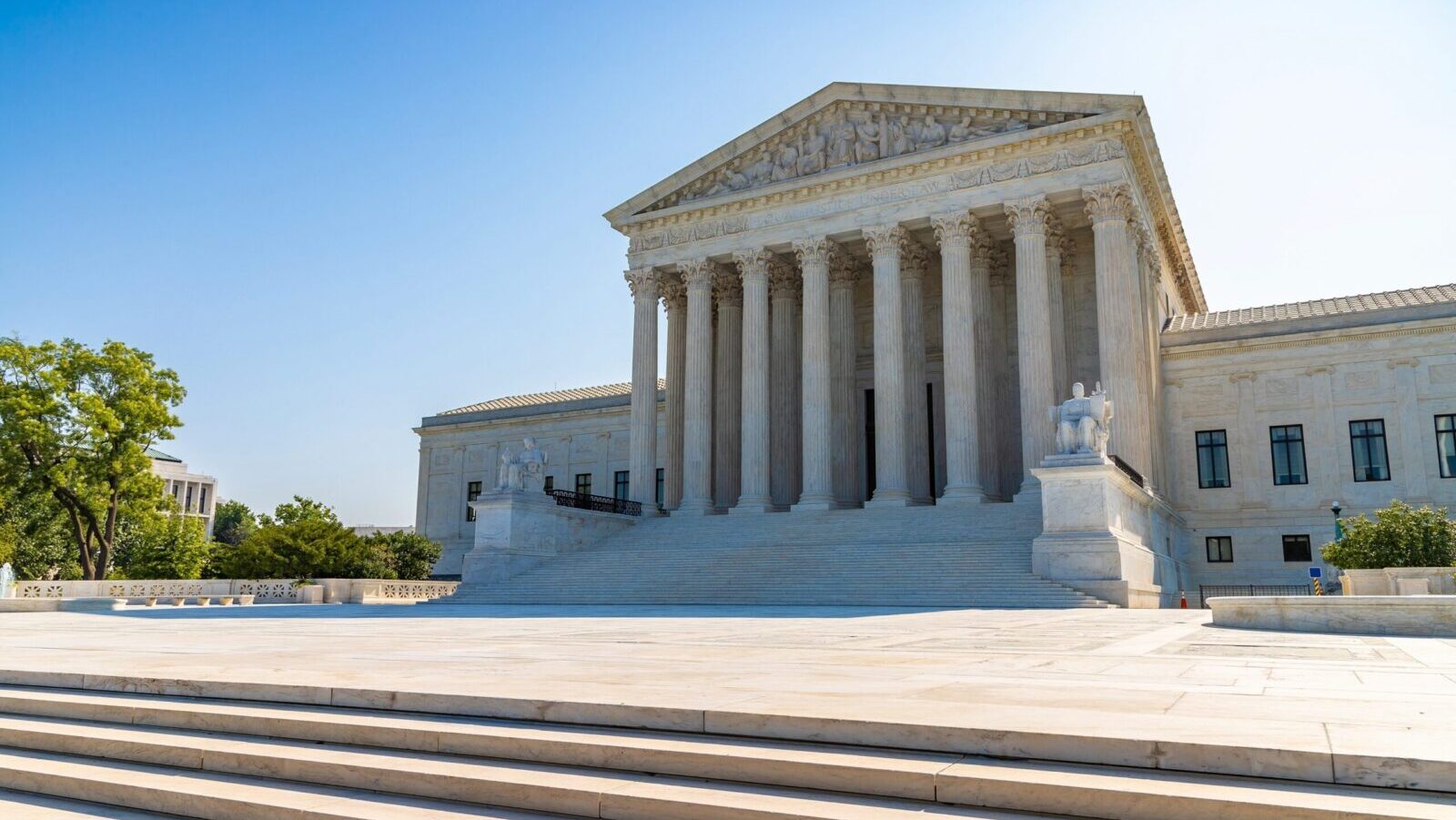New Jersey Appeals Court Upholds Tax Breaks For State’s Casino Industry
The ruling means AC resorts will continue to take advantage of significant tax cuts
2 min

Last week, a New Jersey appeals court upheld tax breaks designed to ease financial burdens on Atlantic City’s casinos. Originally enacted in 2021 during the COVID-19 pandemic, the tax reductions were intended to offset steep losses casinos faced as the virus halted tourism and shuttered businesses, and the court’s decision ensures those tax breaks will stay in place.
In its ruling, a three-judge panel found that challenges to the legislation failed to meet the legal threshold necessary to overturn the relief measures. It added that these decisions are primarily the purview of the state legislature.
The court’s ruling emphasized that the legislature holds the authority to enact policies it deems fit to support the economic viability of the state’s vital industries, particularly in times of crisis. The decision brings at least temporary resolution to a contentious debate that has raged since the law was first passed, pitting economic interests against concerns over fiscal fairness and potential impacts on local budgets.
Atlantic County Executive Dennis Levinson called the ruling a “travesty,” promising to fight the decision.
How they got here
Atlantic City’s casino industry has faced multiple economic challenges over the last two decades. Even before COVID-19, many casinos struggled with competition from neighboring states and changing consumer habits that increasingly favored online and mobile gambling options. The pandemic only exacerbated these struggles, as lockdowns forced casinos to close entirely in early 2020, and visitor numbers lagged even after they reopened.
The New Jersey Legislature moved quickly to address these challenges, passing a law in 2021 that provided temporary tax relief for casinos. The measure allowed casinos to reduce their annual payments to the state under the Payment In Lieu of Taxes (PILOT) program, initially created in 2016 to stabilize the city’s finances.
Under PILOT, Atlantic City casinos pay fixed amounts to the state in place of property taxes. This predictable payment system was designed to eliminate fluctuations in property tax assessments, giving casinos a stable cost structure and the city a reliable revenue stream.
With the pandemic’s economic impact, lawmakers amended the PILOT formula, reducing the casinos’ required payments from 2022 through 2026.
The court’s logic
Those who oppose the tax cuts, including Levinson, have repeatedly argued that the tax cuts were excessive and unfairly shifted the burden to other taxpayers. However, in making its decision, the court indicated that it relied on established legal principles, namely the high standard required to override legislative judgment.
The judges noted that overturning such a law requires proof of a clear constitutional violation, a standard not met in this case. In doing so, the court set a precedent for deference to legislative policymaking, especially in cases involving complex economic assessments and emergency responses.
The court also observed that the lower court had not applied the appropriate level of scrutiny when initially reviewing the PILOT amendments, suggesting that the lower court’s standard was too lenient in its interpretation.
What it means for New Jersey
The ruling is expected to have substantial fiscal implications for Atlantic County and surrounding communities. Casino tax payments are a critical component of the county’s budget, funding local schools, infrastructure, and public services. While the PILOT program’s modifications provide financial relief for casinos, critics argue that it could lead to shortfalls in public funding, potentially requiring state subsidies or adjustments in other areas of the budget.
The tax breaks will allow casinos to recover more quickly from their pandemic losses, proponents argue, thus strengthening an industry that remains one of the region’s largest employers. However, some legislators and policy analysts have raised concerns that such measures may set a precedent for future bailouts or tax relief efforts, potentially diminishing the financial stability of municipalities that rely heavily on tax revenue from the gaming industry.
The debate over the tax relief package has further highlighted the complex relationship between New Jersey’s government and the gaming industry. State officials must balance the need to protect jobs and maintain a robust local economy against ensuring adequate public funding.
The PILOT program itself may face further scrutiny as lawmakers consider adjustments to address the long-term needs of Atlantic City and its residents. Some legislators have already suggested revisiting the terms of PILOT in light of shifting economic conditions, with discussions underway about how to safeguard public interests while still supporting the casino sector.





